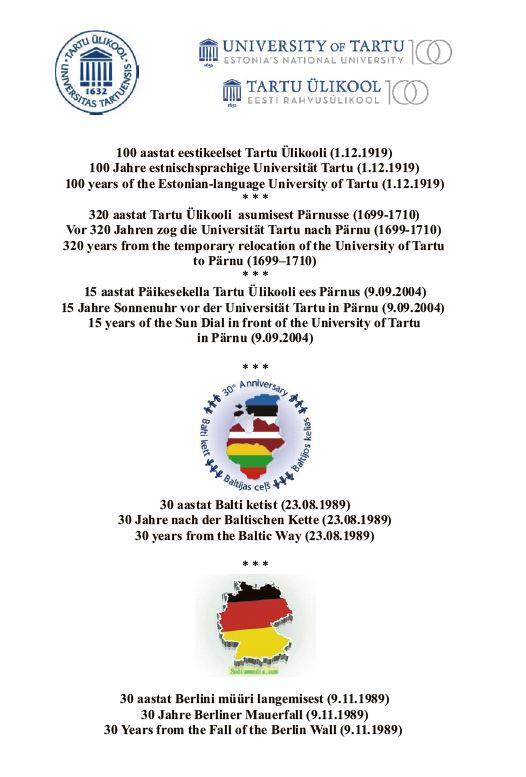Employee Development Through Group Coaching and Its Applications in Organisations
DOI:
https://doi.org/10.15157/tpep.v27i3-4.16230Abstract
The aim of the paper is to analyse one particular group coaching method and its implementation; to generalize the results of the authors’ research on the use of group coaching in order to evaluate its impact on employee characteristics, performance and development. We analyse the method and implementation of group coaching to help develop an evidence-based approach to this method. Economic point developing of organizations and teams has led us to pay main attention to intra-organizational cooperation and problem solving. That is crucial to achieving economic results of private and public organizationst. In 2017–2019, trainings and studies were carried out in group coaching with 445 leaders and specialists from the private and public sector in Estonia. The authors conducted interviews and questionnaires after group coaching sessions and used the results of the group coaching participants’ reports. An analysis of the data indicates that group coaching enables many benefits including problem solving, self-awareness, self-confidence and other person skills. It has also shown to strengthen employee self-reflection and develop cooperation skills and a better understanding of the aims and nature of their organization.Downloads
Download data is not yet available.
Downloads
Published
2019-12-16
How to Cite
Türk, K., & Saue, K. (2019). Employee Development Through Group Coaching and Its Applications in Organisations. Estonian Discussions on Economic Policy, 27(3-4), 157–173. https://doi.org/10.15157/tpep.v27i3-4.16230
Issue
Section
Articles. Artikeln. Artiklid

